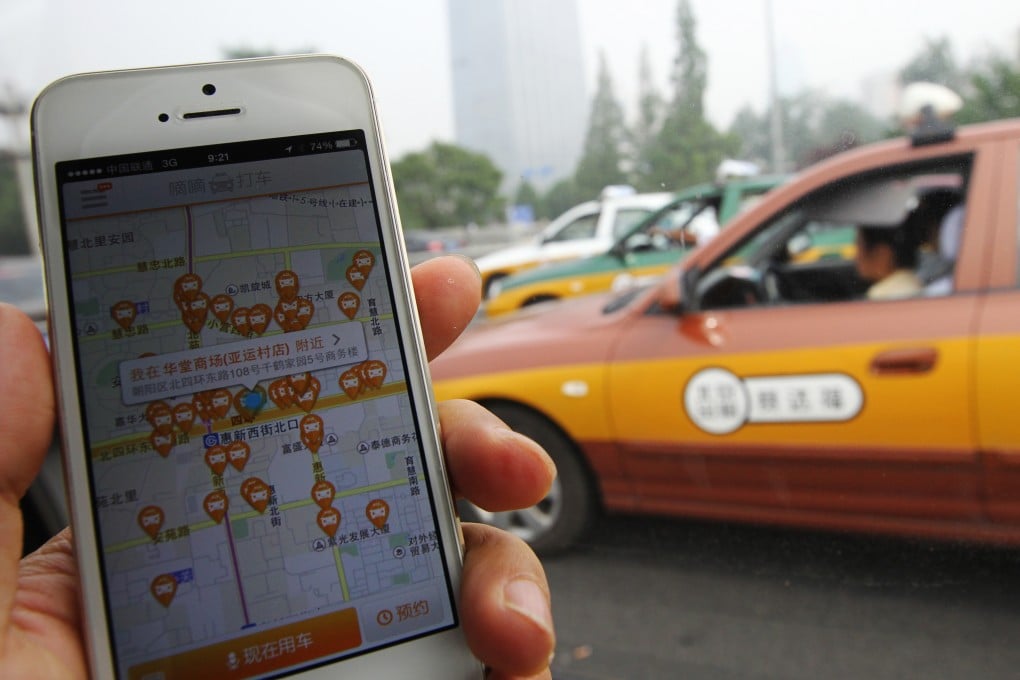Mr. Shangkong | Power struggles, regulatory uncertainties challenge China's new internet dream
Old-fashioned bureaucracy is undermining the Internet Plus strategy

It was not the first time that local authorities had targeted taxi-hailing apps, mostly for regulatory reasons. Late last year, local authorities in the eastern city of Suzhou told the operator of homegrown taxi-hailing app Didi that it could only continue to do business in the city if it joined an online taxi booking system developed by the local government.
The legal status of such smartphone-powered taxi-hailing services has been in doubt since a mainland-wide ban was announced in January, but the ban was never seriously enforced until the raid in Guangzhou.
Earlier this year, two homegrown taxi apps - Kuaidi and Didi - announced a US$6 billion merger, partly in an effort to work together in a fast-changing regulatory environment, which may be related to another power struggle between different regulators.
A number of government agencies at the central, provincial and city levels can have a say on the taxi-hailing business, including the State Administration for Industry and Commerce - which is in charge of business registration, which defines a company's business scope on the mainland - and of course the transport authorities, because taxis are considered public transport. The Ministry of Industry and Information Technology is also keen to get involved as well as national and local tax authorities.
